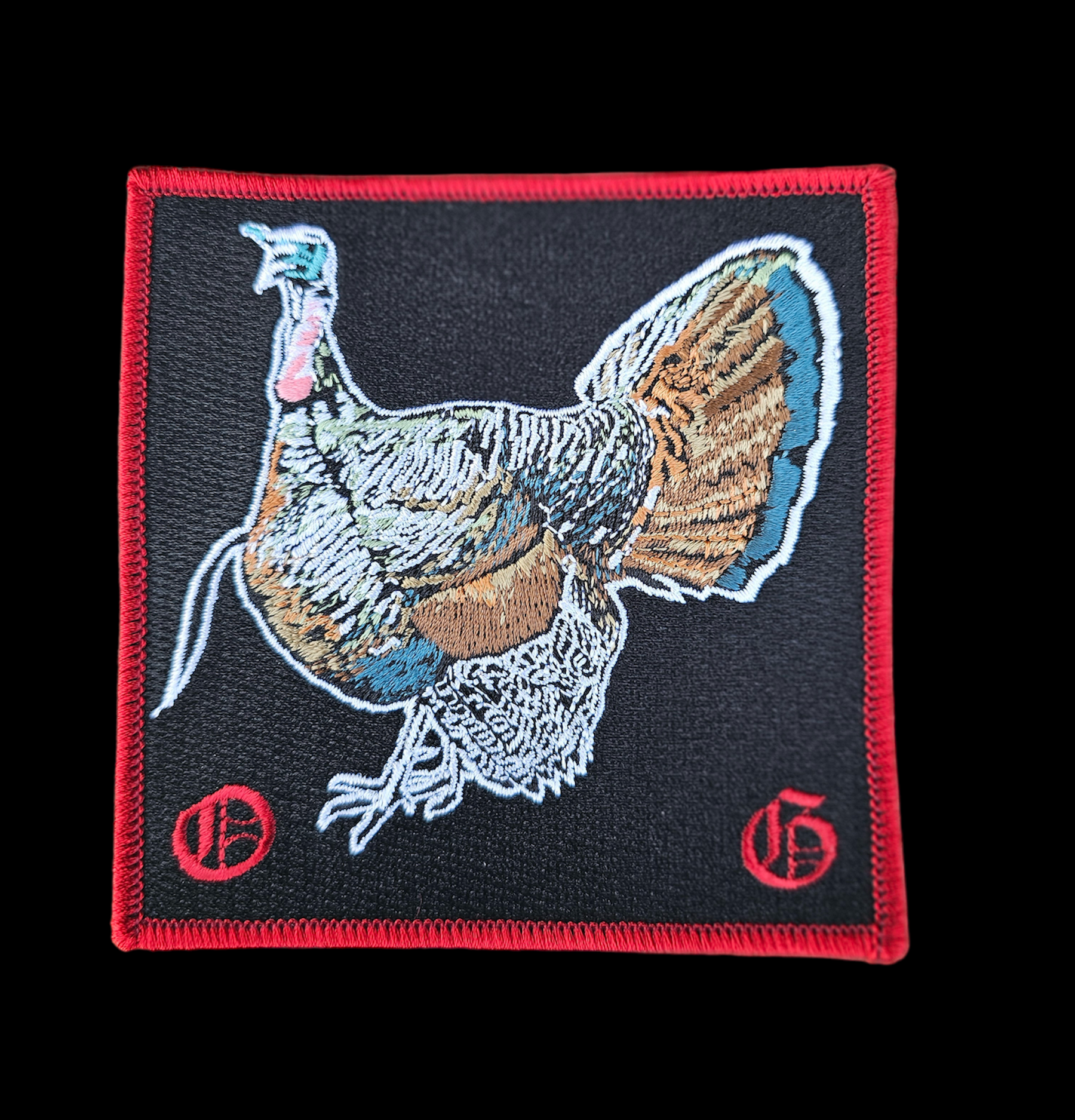       |
Turkey hunting forum for turkey hunting tipsThe world needs to eat less meat to save the planet
Turning StrikersStarted by WillowRidgeCalls, August 20, 2013, 05:11:25 PM Previous topic - Next topic
User actions
|
       |
Turkey hunting forum for turkey hunting tipsThe world needs to eat less meat to save the planet
Turning StrikersStarted by WillowRidgeCalls, August 20, 2013, 05:11:25 PM Previous topic - Next topic
User actions
|